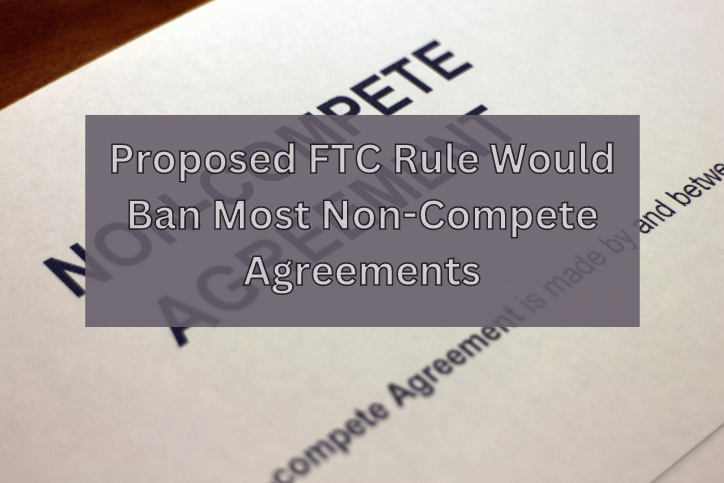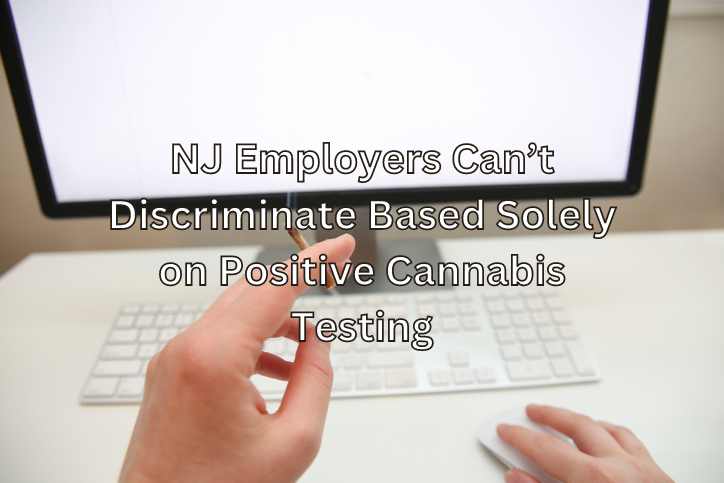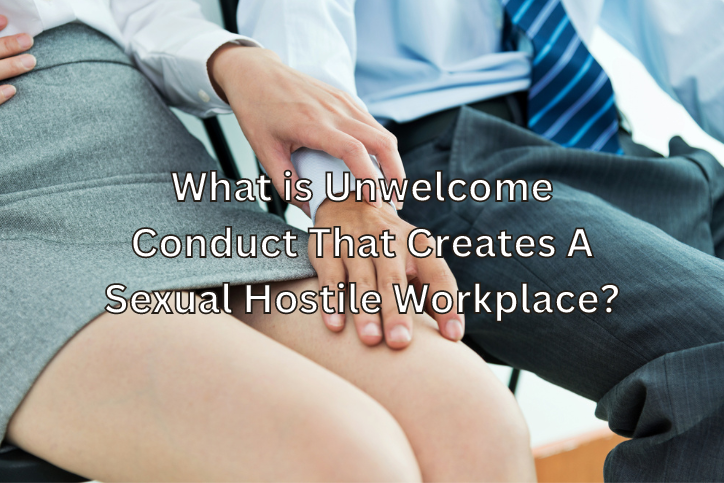By Bruce Atkins | Published May 30, 2023 | Posted in Employment Law, Harassment | Tagged Tags: New Jersey Law Against Discrimination, nondisclosure agreements, sexual harassment, Speak Out Act | Comments Off on How the Speak Out Act Curtails the Use of NDAs Relating to Sexual Harassment

How the Speak Out Act Curtails the Use of NDAs Relating to Sexual Harassment
The MeToo movement has succeeded in exposing, in vivid detail, the ways in which powerful people committed acts of sexual harassment, sometimes for decades, without suffering consequences. The perpetrators of these acts were often the victims’ bosses or others in positions of authority. As such, victims who agreed to monetary settlements instead of taking legal Read More
Read MoreNew Jersey Bill Targets Artificial Intelligence Discrimination in Hiring
The use of artificial intelligence tools in the modern workplace has sparked all sorts of reactions, from people warning that AI will replace white collar workers to people urging workers to think of AI as a job aid they can use to become more productive. But one of the questions for lawmakers right now has Read More
Read More
Proposed FTC Rule Would Ban Most Non-Compete Agreements
Non-compete agreements limit employees’ options after they leave a job. Sometimes the non-compete might have a geographic restriction, stopping an employee from working within a certain radius or in nearby cities or counties. Other times, the contract might prevent an employee from working for specific competitors or in certain lines of business. The intent of Read More
Read MoreNJ Whistleblower Law May Apply to a Company’s Out-of-State Employees
New Jersey’s Conscientious Employee Protection Act (CEPA) was described as the nation’s “most far reaching whistleblower statute” when it was enacted in 1986. The purpose of CEPA is to protect whistleblowing activities that benefit the health, safety and welfare of the public by giving employees protection when they report their employers’ unlawful conduct. It protects Read More
Read More
Refusal to Hire Based on Immigration Status Is Illegal Discrimination
Among the many hurdles faced by immigrants to the U.S., getting a desirable job can be one of the biggest. Companies of all sizes and across various industries sometimes exhibit prejudice against hiring foreign-born workers, even those whose employment is authorized by law. However, it is illegal for employers to discriminate against job candidates or Read More
Read More
What Is “Unwelcome Conduct” That Can Create a Sexually Hostile Workplace?
A hostile work environment is a type of sexual harassment that occurs when an employee is subjected to unwelcome verbal or physical conduct that is so severe or pervasive that a reasonable person would find the workplace intolerable. Typically, the unwelcome conduct must be persistent and repeated. However, in New Jersey, a single incident can Read More
Read More
NJ Employers Can’t Discriminate Based Solely on Positive Cannabis Testing
Recreational use of cannabis was legalized in New Jersey in 2021. For the first year or more, there was some uncertainty regarding how employers could treat employees who tested positive for cannabis. In September 2022, the NJ Cannabis Regulatory Commission (NJ-CRC) provided some welcome updates about employers’ regulation of marijuana use in the workplace. It Read More
Read More
What’s New in New Jersey Employment Law in 2023
Several new employment laws either came into effect or will go into effect in the first few months of the new year. Most of the new laws benefit employees in New Jersey, including modest minimum wage increases across all industries and enhancements to compensation and protections for employees facing mass layoffs. As of January 1, Read More
Read MoreHow Can You Prove a Case of Sexual Discrimination at Your Job?
Federal and state laws prohibit workplace discrimination based on sex, gender and orientation, requiring employers to treat everyone equally when it comes to interviewing, hiring, paying, promoting, disciplining and firing. Title VII of the federal Civil Rights Act and New Jersey’s Law Against Discrimination (NJLAD) also give victims of discrimination the ability to hold employers Read More
Read MoreWhat Remedies Do You Have if Your FMLA Rights Are Violated?
The federal Family Medical Leave Act (FMLA) gives many employees the right to take up to 12 weeks of unpaid leave per year to take care of their own serious medical conditions or those of family members. However, employers sometimes fail to comply with the FMLA by disallowing leave, by cutting the pay of employees Read More
Read More- March 2024 (2)
- February 2024 (2)
- January 2024 (2)
- December 2023 (2)
- November 2023 (2)
- October 2023 (2)
- September 2023 (2)
- August 2023 (2)
- July 2023 (2)
- June 2023 (2)
- May 2023 (2)
- April 2023 (2)
- March 2023 (2)
- February 2023 (2)
- January 2023 (2)
- December 2022 (2)
- November 2022 (2)
- October 2022 (2)
- September 2022 (2)
- August 2022 (2)
- July 2022 (2)
- June 2022 (2)
- May 2022 (2)
- April 2022 (2)
- May 2020 (1)
- April 2020 (2)
- April 2018 (1)
- June 2017 (1)
- January 2014 (7)
- December 2013 (9)
- November 2013 (8)
- October 2013 (6)
- September 2013 (7)
- August 2013 (5)
- July 2013 (13)
- June 2013 (6)
- May 2013 (7)
- April 2013 (3)
- February 2013 (5)
- January 2013 (8)
- December 2012 (7)
- October 2012 (6)
- September 2012 (8)
- August 2012 (9)
- July 2012 (9)
- June 2012 (5)
- May 2012 (2)
- Age Discrimination (5)
- Arbitration and Mediation (3)
- COVID-19 (3)
- Discrimination (54)
- Employment Law (89)
- Family and Medical Leave Act (3)
- Gender Discrimination (5)
- Harassment (12)
- Hostile Work Environment (6)
- Labor Law (14)
- Partnership Disputes (1)
- Pregnancy Discrimination (4)
- Racial Discrimination (5)
- Recognition (1)
- Retaliation and Whistleblowing (10)
- Shareholder Disputes (2)
- Wrongful Termination (5)

